Ron
I was diagnosed when I was 78 years old. My family and I are very familiar with Alzheimer’s, so my diagnosis, while upsetting, was not a complete surprise. I have two siblings who were also diagnosed with the disease.
Even though there is a family history, and while I say I wasn’t completely surprised, still when I look back, I can see that I was somewhat in denial. It’s only natural I suppose.
It’s now been almost four years since I was diagnosed with Alzheimer’s. I am happy to say that by keeping busy I feel I have kept it at bay. Attending university – now into the third year – and assisting the Alzheimer Society nationally and regionally as an advocate has helped tremendously, knowing what I’m doing is helping people. It’s better to give than to receive.
The healthcare system
In terms of the medical community and healthcare workers I encountered, there seemed to be very little empathy. Many do not seem to be well-informed about dementia or where and how to obtain information. Numerous people living with dementia have the same experience I have: “Basically, you have Alzheimer’s…see you at your next visit.” No help whatsoever.
People’s reactions
In general, understanding seems to have improved in the public. It has improved now that they have a better understanding and realize not all of us with dementia are incapacitated and that we can continue to contribute to society.
Within my family, the reaction to my diagnosis was somewhat surprised but there was also a great deal of understanding. You see, three of my siblings have passed away with dementia, so they were more aware than most.
What’s interesting is how many people become surprised when I tell them I have Alzheimer’s. They actually tell me there’s no way I have the disease. Their expectation seems to be something related to insanity in a much more serious form. When I meet people for the first time, they are very inquisitive and want more information on how to deal with it. Unfortunately, my disease has affected my vocabulary, and sometimes, I really need to search for words.
Facing stigma
The more informed people are, the better for everyone. I find that younger people react better than most seniors. Seniors seem to carry old prejudices. Perhaps to a degree they are afraid of becoming affected by the disease. The bottom line is, EDUCATION about dementia will help end the stigma.
Some final thoughts on my experience: I know there will be those who will think I “flipped my lid”, or that I’m likely rich or smart, or I have no other health issues. They couldn’t be more wrong. My wife and I are living just around the poverty level. As for smart, I need to work to keep up with my young fellow students. Prior to being diagnosed with Alzheimer’s, I had a stroke, kidney problems, macular degeneration (eye disease) and now arthritis.
Enough of that – my point is, it’s all about perspective. Like many others when I retired in my late seventies, my perspective was that I’m old, I can’t get around like I did before, I’m useless, etc.
Today, I firmly believed getting Alzheimer’s was a blessing. I’m fulfilling a bucket wish by going to university. I have many wonderful young friends, a great group of associates. I speak to interesting and appreciative groups. Most importantly, I enjoy what I’m doing and have a reason to get up every morning.
Right now, I wouldn’t change it. It’s truly uplifting to help others. As the saying goes: It’s much better to give than to receive.
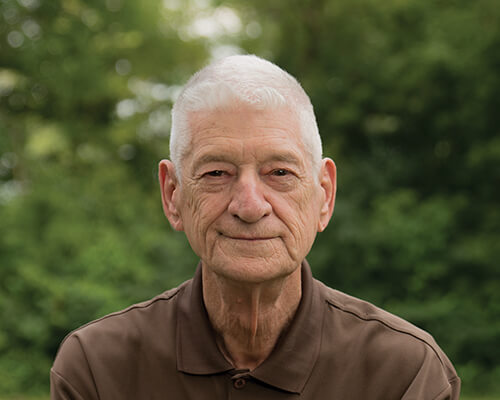
If you’re like me, living with dementia, here are my tips:
- Contact your local Alzheimer Society. If there isn’t one in your area, look them up online. Get involved.
- Make a list of things you always wanted to do or improve on. Select one that challenges your memory. Try one, and if you feel it doesn’t work for you select another.
- Be sociable; seek out people with the same likes and interests as yours. In my experience, socializing with my classmates has made a world of difference, and at the same time I have helped educate them about dementia.
- Keep in mind that there is no reason to be ashamed about having dementia. Embrace the fact that you are still capable. Please, please don’t give in to it. Fight it.
- God bless the caregivers. Help them help you. Do everything you can for yourself. Thank them every morning and night. And above all don’t, become a grouch or whiner.
-
More Stories
-
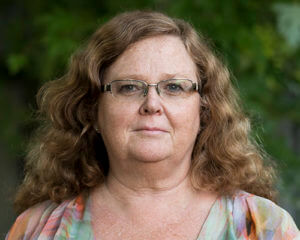
Jane
2019
Ontario
-
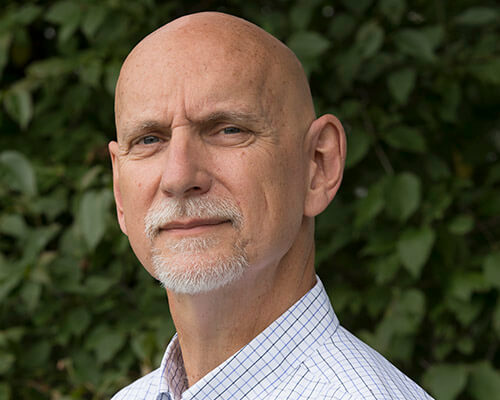
Keith
2019
Ontario
-
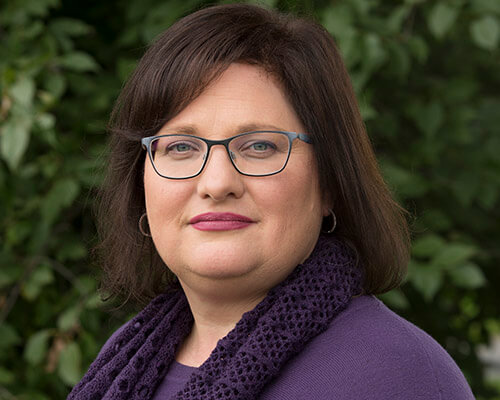
Robin
2019
Ontario
-
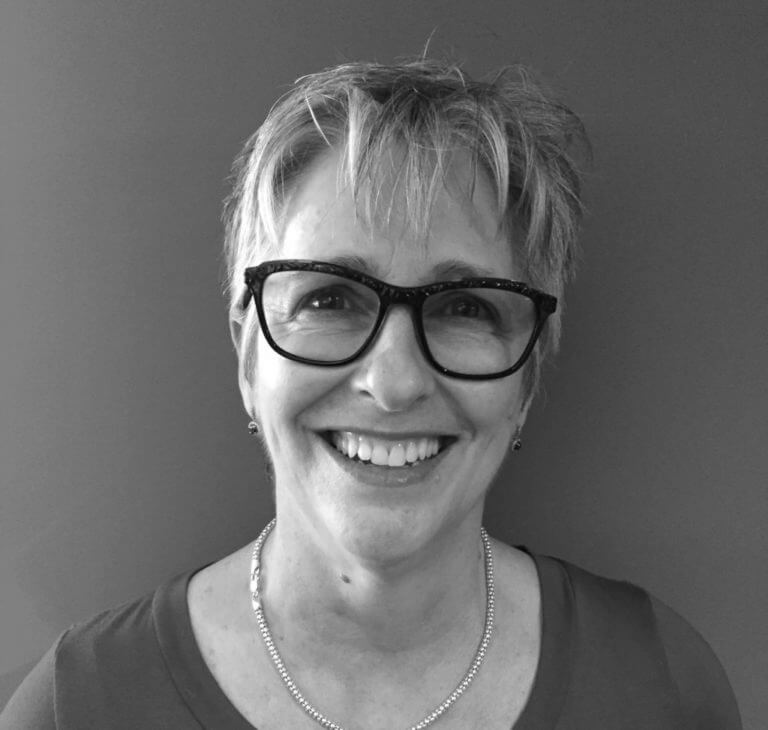
Shelley
2018
Ontario

Comments
We may use your information in order to track your relationship with us and our site(s). We do NOT share your information with third parties.